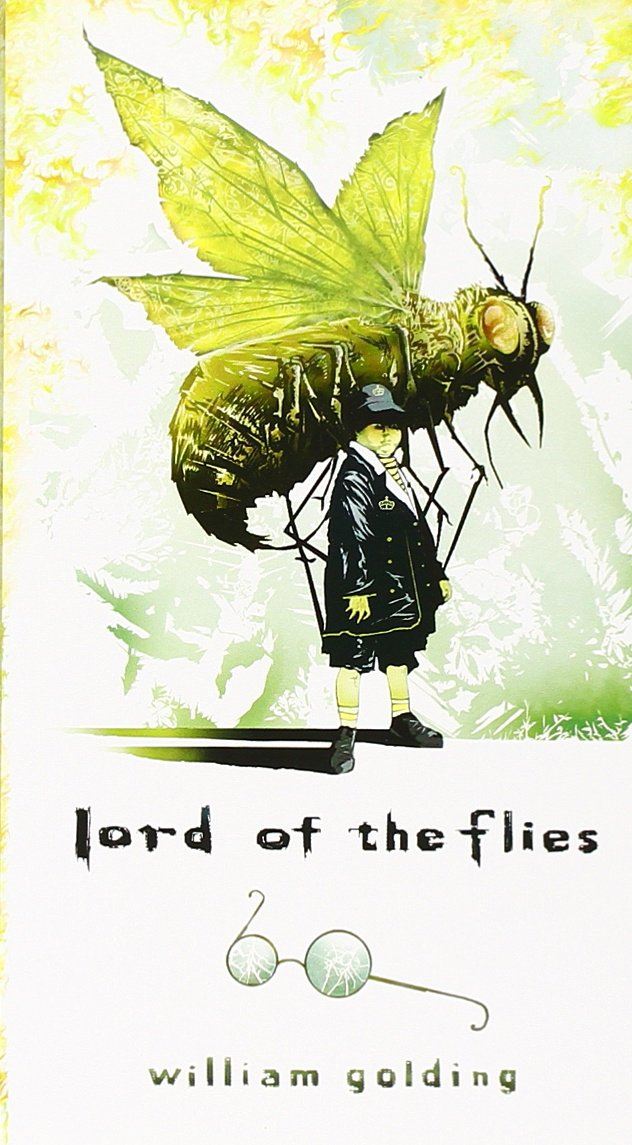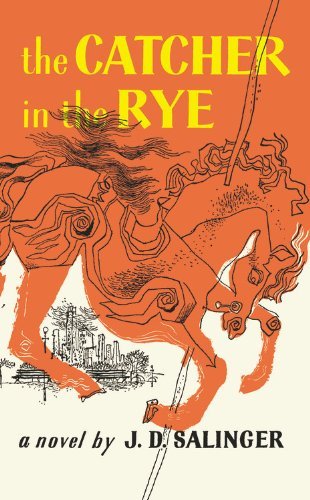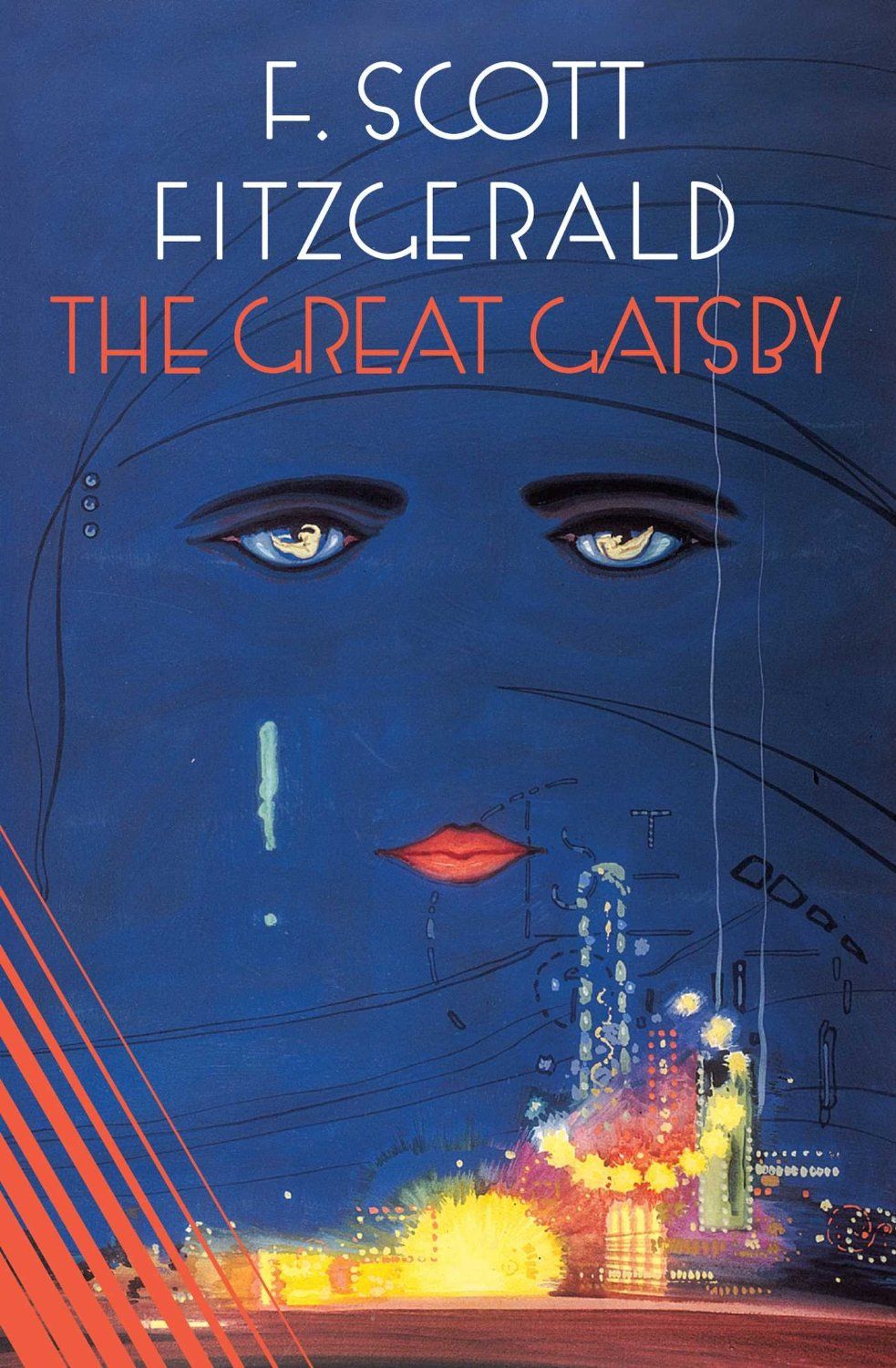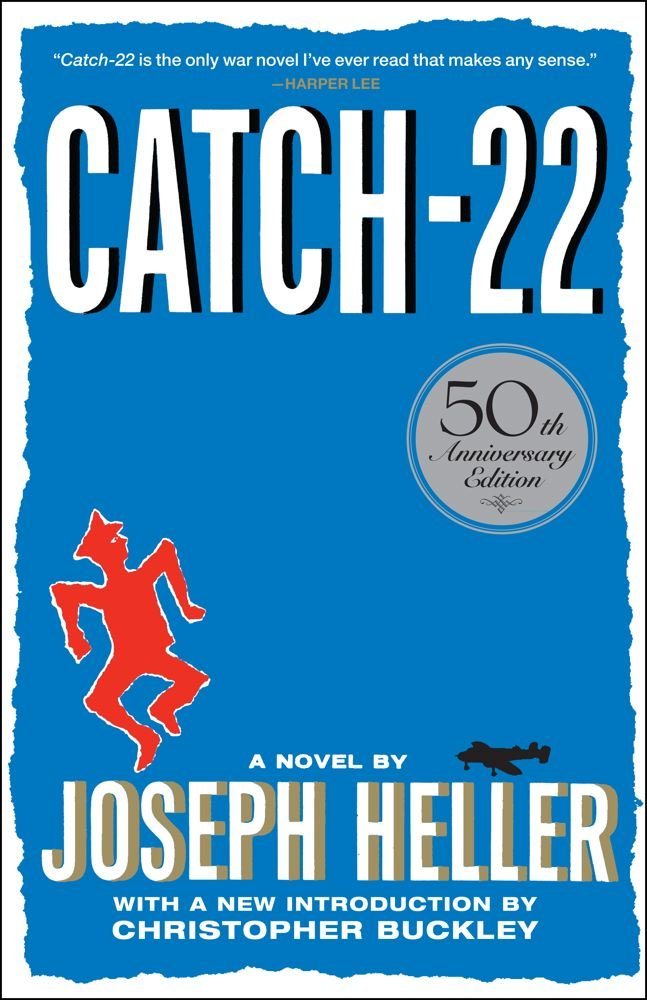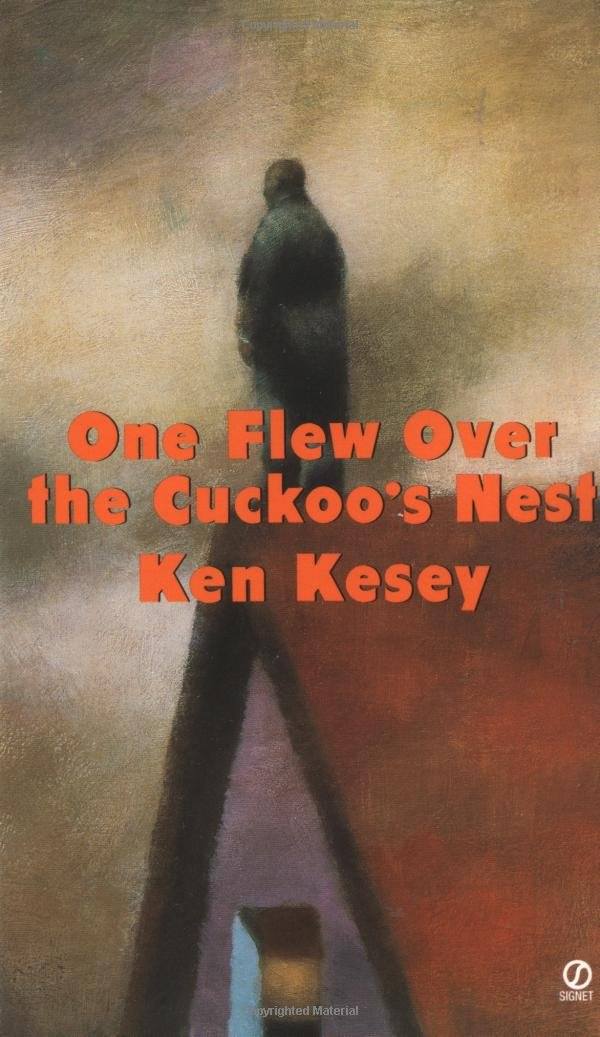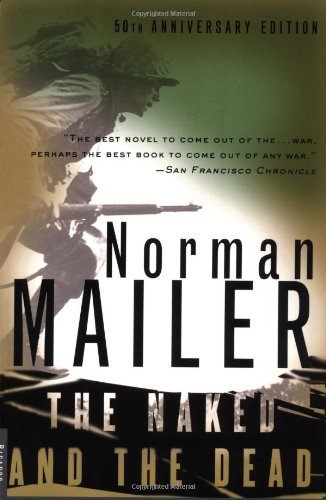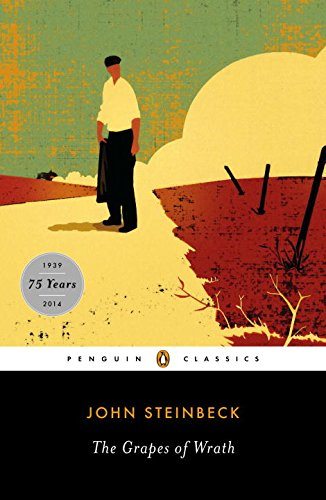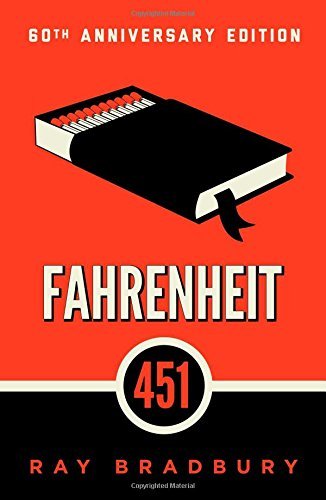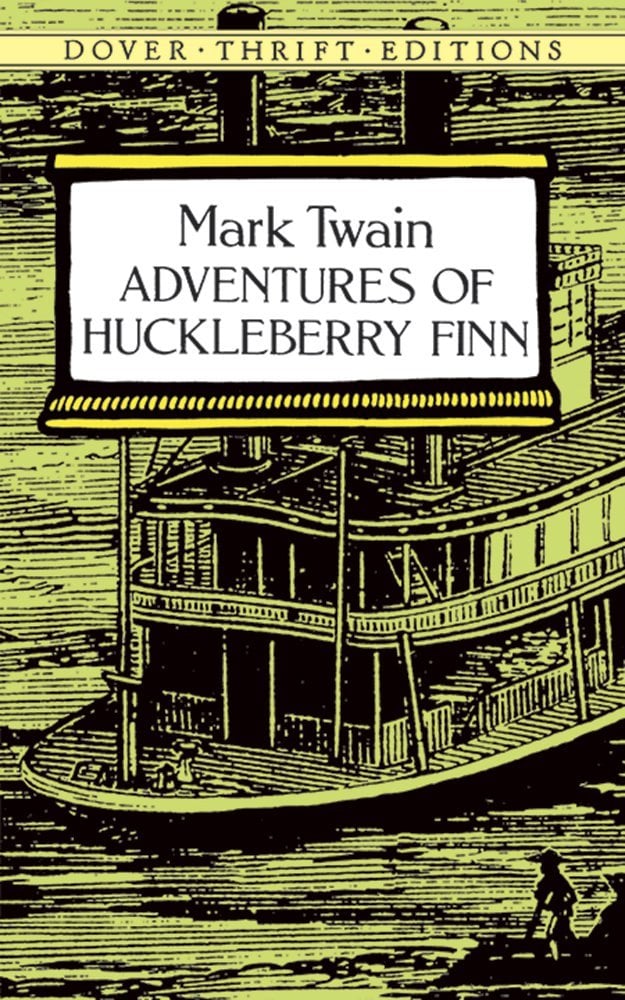1. The Lord of the Flies, William Golding
2. Catcher in the Rye, JD Salinger
3. The Great Gatsby, F. Scott Fitzgerald
4. Catch-22, Joseph Heller
Catch-22 is the story of a World War II soldier who desperately wants to leave the battlefield on grounds of insanity. However, he cannot since anyone who would want to leave the armed forces is obviously not insane, and therefore must fight. It’s a scathing commentary on the “heroics” of war, painting a picture that the purpose of war is to perpetuate the war itself. Seen as anti-patriotic, it was banned by an Ohio school district in 1972. However, this ban was lifted four years later. Ironically, it was banned in a Washington city for the references to prostitutes throughout the novel. Of all the contextual evidence critics could have used, they rely on the use of a simple word to constitute a banning.
5. Invisible Man, Ralph Ellison
6. One Flew Over the Cuckoo’s Nest, Ken Kesey
7. The Naked and the Dead, Norman Mailer
8. The Grapes of Wrath, John Steinbeck
9. Fahrenheit 451, Ray Bradbury
10. Adventures of Huckleberry Finn, Mark Twain
Featured photo credit: Books/Pixabay via pixabay.com
